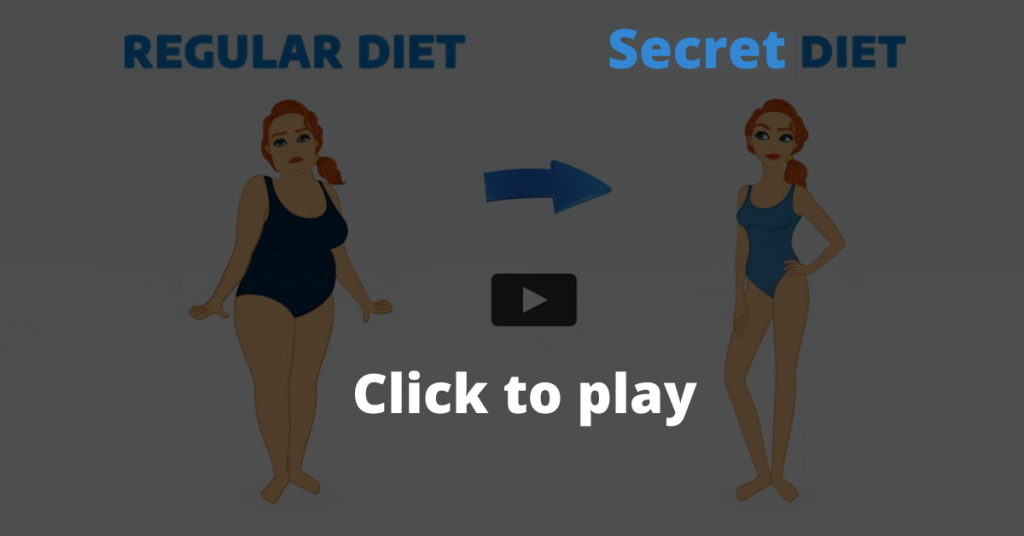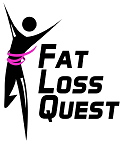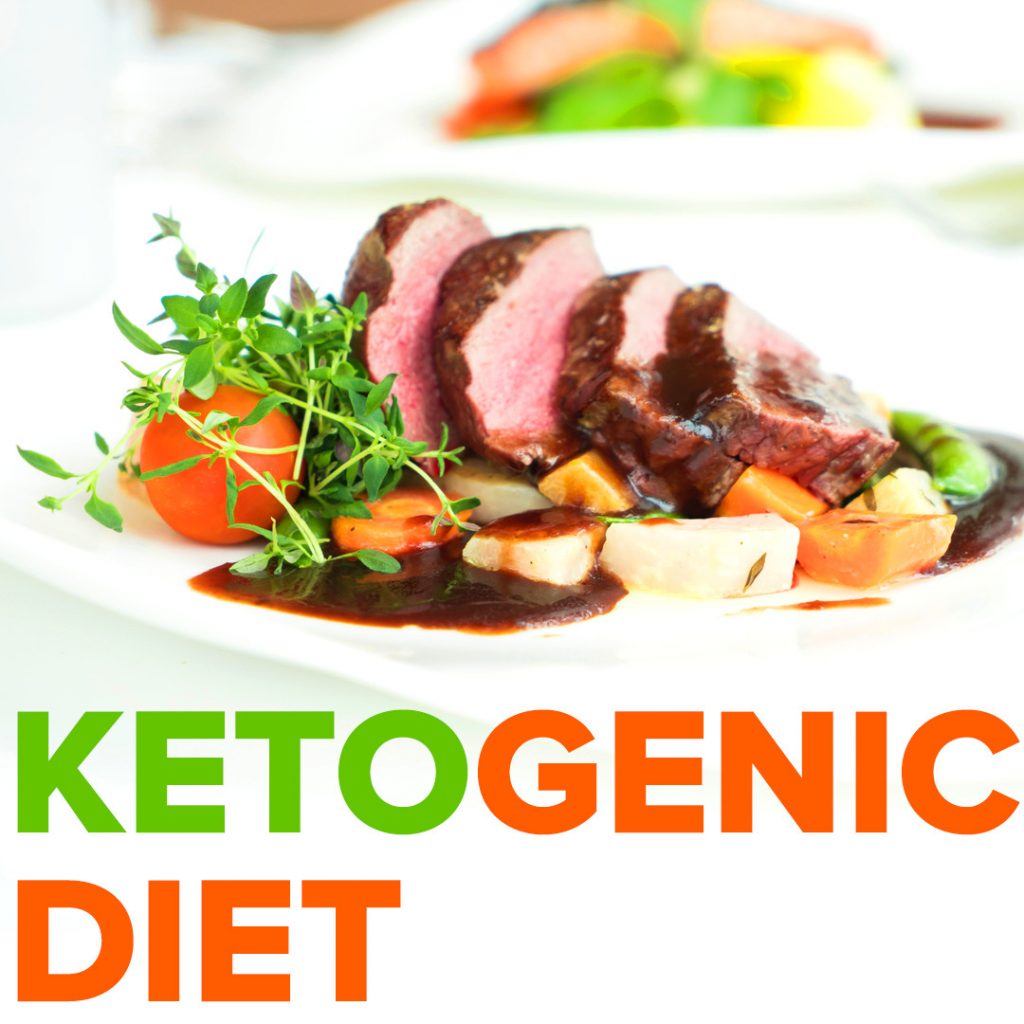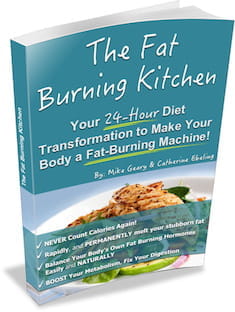7 Ways to Lose Weight (Avoid No.7)
If you’ve been wondering how to lose weight, then read on. This article should shed some light on the topic of how to lose weight. There are, on my latest count, 7 different ways to lose weight – not all of them healthy or beneficial to our overall health, and No 7 should be avoided at all costs. So what are the 7 ways to lose weight? The first should be your first port of call to lose weight – diet. A healthy eating diet will help to reverse the effects of a poor diet – inflammation, obesity, poor blood sugar control, diabetes, poor cardiovascular health, poor lung health, knee, and joint pain through overloading with excess weight and bone/cartilage integrity – just a few of the 12 reasons to lose weight.
The health issues caused by poor diets are vast and are the reason you should start your recovery with a healthy eating plan before you even consider any of the other options ie detoxing / cleansing for weight loss or exercising for weight loss.
So let’s take a closer look at the 7 different ways to lose weight (and hopefully keep it off).
1. How to Lose Weight: Numero Uno – Healthy Diet!
Dieting alone will help you lose weight and should be your first port of call for weight loss – there is very little point in trying other methods untill you have substantially improved your diet by eating healthy. However, it does depend on the diet as not all diets are created equal – certain diets are more hazardous to your health than they would like you to know. A healthy diet consisting of a high proportion of health giving micronutrients (vitamins and minerals) will help you lose weight. Diets rich in micro nutrients also boost your overall health (including cancer prevention, immunity boosts..). Heathy diets will help you reduce weight to your ideal weight. Once achieved they will then assist you in healthy weight management leading to “permanent weight loss) through a sustained healthy eating lifestyle.
A healthy diet also brings with it its own health benefits –
- improved cardiovascular health,
- reduced risk of cancers including prostate and colon cancer,
- prevention and reversal of type 2 diabetes,
- increased cognitive function,
- better skin condition,
- increased energy levels,
- improved fertility
- increased eye health
- and many more.
In order to improve your chances of significant weight loss and health gains it is important to review you current diet and lifestyle.
Reduce Carbohydrate Intake (Esp. Refined Carbohydrates).
To start a healthier diet, reduce the volume of wheat based and starchy carbs from potatoes etc. Carbohydrates do very little for us as there is very little REAL nutrition in carb rich foods.
Wheat Based Products
Wheat based products (Donuts, bread, pasta, pies, cakes and pastries) should be reduced or eliminated from your diet. Reducing high carb wheat based products will prevent the excess carbohydrates being stored as energy and reduce the risk of gluten sensitivity (Celiac disease). Recent medical research reveals wheat based products can cause many other health issues such as Leaky Gut Syndrome.
Achieving a daily limit of 75g of carbs or as little as 35g will reduce the level of fat storage in your fat cells and help towards your weight loss goals.
Eat More Greens.
Greens (especially leafy green vegetables) include many nutrients including antioxidants. Antioxidants help in weight loss by cleansing the fat cells making your metabolism more efficient and effective. Greens also increase your folate levels for improved DNA, RNA and energy levels.
Certain greens also include Vit K which is beneficial in blood clotting. Black Kale contains (amongst many other beneficial nutrients) 141mcg Folate and 120mg Vit C (20mg more than the recommended minimum daily intake) per 100g portion.
Leafy greens also help to improve your digestion and can also reduce acid build up and the resulting ‘eggy breath’ from the sulphur build up in your stomach. Brussel Sprouts are another excellent green vegetable packed full of beneficial nutrients. More info on diets for weight loss under separate article.
Greens like Brussel sprouts are high in natural micronutrients (vitamins and minerals) that not only increase our health and immunity, they also aid in the cleansing of our fat cells. Clean healthy and efficient fat cells permit the transfer of energy into the cells for the mitochondria to propagate more energy. This energy increase boosts our ability to burn off more fat through activity and effective exercise.
The Vitamin C in Sprouts has also been proven to aid in weight loss – not just boost our immunity.
Increase Consumption of Vitamin, Antioxidant and Mineral Rich Foods
Antioxidants are mother natures own protection for the many living organisms from the hazardous effects of free radicals and the oxidative effect of oxygen in the air we breathe. Antioxidants cleans our cellular structures and protect them from the damage by toxins, free radicals and infectious micro-organisms (viruses, bacteria etc)

Oranges. High in Vitamin C for immunity , they are also a great source of Magnesium. Magnesium has been proven to boost beneficial gut bacteria, increase immunity AND reduce feelings of anxiety and depression.
High in Vitamin C and natural juices fro hydration, Oranges can also help us to lose weight naturally.
Antioxidant rich foods are vast in number and health benefits. From Apples with their vitamins and polyphenols, all the way through the alphabet to Walnuts, so there is no shortage of foods to choose from for a healthy, balanced diet that will boost your health, reduce the risk (and cure) modern ailments and yes – help you lose weight.
2. How to Lose Weight with Exercise
There has been much research on the subject of exercising for weight loss. Research by international institutions has revealed that slow, steady state, cardiovascular exercise is NOT effective at burning fat. Research has also shown that only 25% of those engaging in slow cardiovascular exercise can compensate for the stresses this type of exercising causes.
Exercising can help with your weight loss and when done correctly and combined with a healthy diet can deliver fast weight loss. It has been demonstrated and proven that a healthy diet coupled with effective high intensity interval training, can help you lose 7-10 lbs/ week. Research over the last 15years, reveals that in order to lose weight effectively through exercise you need to engage in high intensity interval training. More specifically, a hiit workout that uses multiple groups of muscles at the same time.

Exercises to Burn Fat and Lose Weight
There are many effective, individual exercises you can use to burn fat, tone up and build muscle simultaneously. Push-ups on Kettle Bells being just 1 example.
Squats are excellent at toning the calves, thighs, buttocks, abs, back, shoulder AND biceps simultaneously. 1 exercise to fulfill all these objectives!!
The downside to fat burning workouts is that if you don’t improve your diet, you are working out for nothing. Change your diet (as per previous section) before engaging in a hiit workout for best results. Avoid long slow, boring cardiovascular exercise as it has been proven to increase stress levels and can cause weight gain. I will cover fat burning exercises seperately.
3 Detox Diet
Detoxing (or cleansing) is actually not intended as a weight loss protocol but to cleanse the body of all the toxins ingested. These toxins can come from :
- Atmospheric Pollution. The air we breathe contains toxins from industrial enterprise, farming, volcanic activity, transportation fumes (cars, buses, trains, boats / shipping and planes to name but a few.
- Dietary Ingestion. The food we eat contains, believe it or not, many toxins in many forms. These can come from insecticides and fertilisers used in the farming processes of any of our food sources. Even so-called ‘organic foods’ can contain toxins absorbed from the ground and the atmosphere. Not forgetting spillages of toxic chemicals from industry AND farming into the water systems (rivers, lakes, reservoirs and the various seas and oceans that form planet earth). Water from the seas evaporates into the skies above taking small quantities of toxins with them to be deposited on the land through rainfall. This toxic rain becomes absorbed by the vegetation we grow as food crops and by ingestion of the vegetation by the various animals we eat (poultry, beef and buffalo, lamb, pigs and fish). Micro plastics are also finding their way into our diet through the dumping of waste at sea, wind swept plastics landing at sea and slowly breaking down into minute particles we can ingest without even knowing about it.
How Does Detoxing Aid Weight Loss?
A correctly prepared detoxification or cleansing will not only reduce the volume of toxins in the body, it can also repair some of the damage it has caused. Toxins can cause inflammation of the cells giving rise to weight gain. Toxins can also interfere with the chemical absorption and use of the nutrients we consume through our food sources.
You may have heard of the Lemonade Diet which helped to cleanse the digestive system and the bowels of various toxins. This detox diet was a revelation in the health industry and was so successful it helped hundreds of thousands of people worldwide to cleanse their body’s. The added benefit was that it also helped them to lose weight by removing excess body fat.
Today, science has revealed another, more potent method of detoxification or cleansing in the form of Antioxidants. Antioxidants are natures own way of helping the various life forces on earth deal with the many toxins. Oxygen in our air causes cellular organisms to oxidise on the surface causing free radicals to affect the various physiological processes. Antioxidants are natures way of protecting the vegetation from oxidising allowing them to live and thrive in their own unique environment. When cattle consume these antioxidant rich plants, they themselves ingest the benefits of natures own remedy.
As we consume the vegetation and / or the animals that consume them, we too ingest the antioxidants which in turn assist us in removing the toxins and the free radicals from our (human) physiological systems. By consuming these antioxidants, we benefit from:
- Reduced inflammation
- More efficient energy transfer from our fat cells
- Immunity Boosts
- Improved Skin Complexions
- Reduced Signs and Effects of Ageing
- Disease Prevention (and Cure)
- Improved Mental Health and Cognitive Function
4. Diet Pills for Weight Loss
Diet pills are a type of weight loss supplement that aims to assist individuals in losing weight by altering the body’s metabolism, appetite, and absorption of nutrients. While diet pills can be effective in aiding weight loss, they also carry potential risks and side effects.
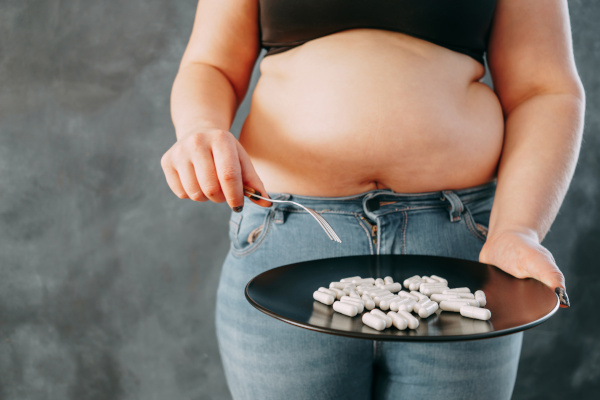
Diet Pills for Weight Loss
There are several types of diet pills available on the market, including appetite suppressants, fat blockers, and thermogenic supplements. Appetite suppressants work by decreasing the feeling of hunger, while fat blockers prevent the absorption of fat in the body. Thermogenic supplements aim to increase the body’s metabolism, resulting in increased calorie burning.
Image : Adobe / Vadym
There are several types of diet pills available on the market, including appetite suppressants, fat blockers, and thermogenic supplements. Appetite suppressants work by decreasing the feeling of hunger, while fat blockers prevent the absorption of fat in the body. Thermogenic supplements aim to increase the body’s metabolism, resulting in increased calorie burning.
While diet pills may appear to be a quick and easy solution for weight loss, they should only be used under the supervision of a healthcare professional. Many diet pills contain ingredients that can have harmful side effects, such as increased heart rate, high blood pressure, and liver damage. Some diet pills may also interact with other medications and supplements, leading to adverse effects.
Additionally, while diet pills can assist in weight loss, they are not a substitute for a healthy lifestyle. Diet pills should be used in conjunction with a balanced diet and regular exercise for optimal results. It is also important to note that diet pills are not a long-term solution for weight loss and should not be used indefinitely.
Before using diet pills, individuals should speak with their healthcare provider to determine if they are a safe and appropriate option. Healthcare professionals can provide guidance on selecting the right type of diet pill, potential side effects, and how to use them safely.
In conclusion, diet pills can be a useful tool for weight loss, but they should be used with caution and only under the guidance of a healthcare professional. A healthy diet and regular exercise should remain the foundation of any weight loss plan, and individuals should not rely solely on diet pills for long-term weight loss success.
5. Liposuction
Liposuction is a cosmetic surgical procedure that aims to remove excess fat from specific areas of the body. While it is often marketed as a weight loss solution, liposuction is not intended as a primary weight loss method. Instead, it is designed to target and remove localized areas of fat that are resistant to diet and exercise.
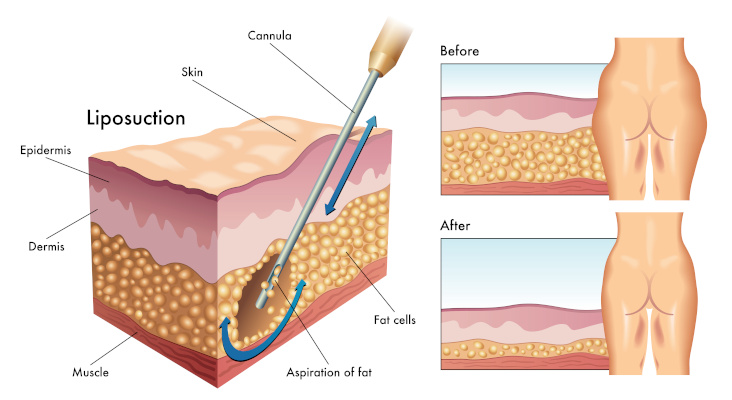
Liposuction for Weight Loss
During Liposuction, a small incision is made in the targeted area, and a cannula (a thin tube) is inserted to suction out the excess fat. Liposuction can be performed on many areas of the body, including the abdomen, thighs, hips, arms, back, and neck.
Image : Adobe / rob3000
During the procedure, a small incision is made in the targeted area, and a cannula (a thin tube) is inserted to suction out the excess fat. Liposuction can be performed on many areas of the body, including the abdomen, thighs, hips, arms, back, and neck.
While liposuction can effectively remove localized fat, it is important to note that it is not a substitute for a healthy lifestyle. Patients who undergo liposuction must still maintain a healthy diet and exercise regularly to prevent the remaining fat cells from expanding and to maintain the results of the procedure.
Like any surgical procedure, liposuction carries some risks, including infection, bleeding, and reaction to anesthesia. Patients may also experience temporary side effects such as bruising, swelling, and discomfort. In rare cases, liposuction can result in complications such as blood clots or damage to surrounding tissues.
It is important for patients considering liposuction to have realistic expectations about the results of the procedure. Liposuction is not a solution for obesity or extreme weight loss, and it is not a substitute for healthy lifestyle habits. However, for patients who are within a healthy weight range and have localized areas of stubborn fat, liposuction can be an effective solution to achieve a more toned and sculpted appearance.
6. Bariatric Surgery
Bariatric surgery, also known as weight loss surgery, is a procedure performed on severely obese people to help them lose weight.
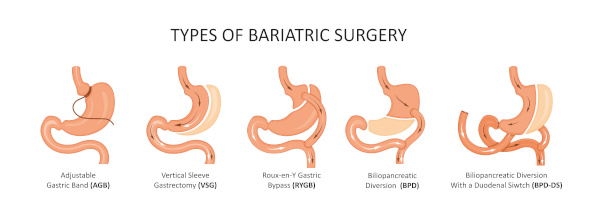
Bariatric surgery is usually recommended for people with a Body Mass Index of 40 or higher. However, where there are additional obesity related health issues such as diabetes or sleep apnea, the acceptable BMI considered for surgery is dropped to 35.
Bariatric surgery can be effective for weight loss (many patients lose a significant amount of excess weight in their first year after the procedure).
Bariatric surgery is NOT a Quick Fix. Bariatric Surgery also comes with many side effects and risks including death.
7. Surgical Removal for Weight Loss
Surgical removal of body parts, also known as amputation, is a procedure in which a body part is surgically removed. Surgical removal of body parts will, undoubtedly cause weight loss.
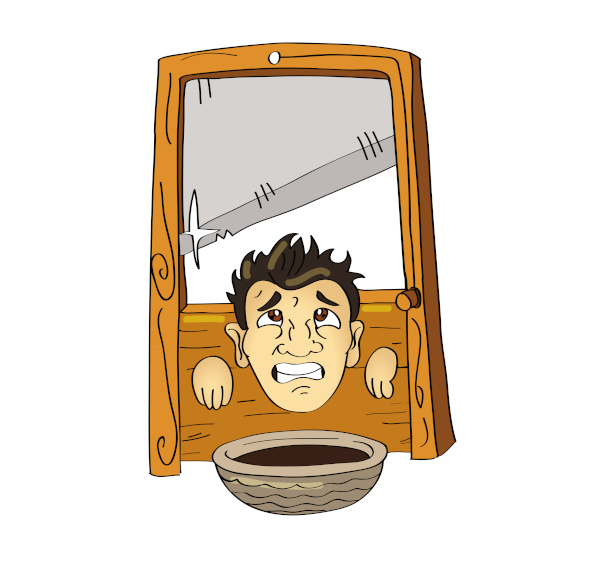
Don’t Lose Your Head Over Weight Loss!
In days of old, you only needed to be naughty once or twice to lose your head (and a substantial amount of weight)!
Amputation may be performed as a last resort for individuals!
Image : Adobe / Andrew Adams
This can be necessary for various medical reasons including obesity. In many cases surgical removal of excess fat is not recommended but still available for screened patients or for those wishing to have private surgery.
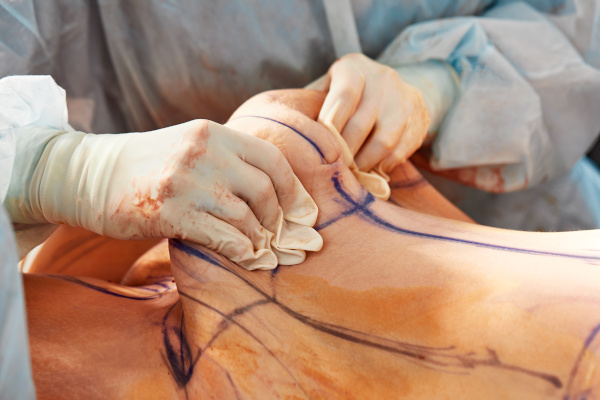
During the procedure, the surgeon removes the excess fat and restructure the remaining tissue to promote healing. The healing process will take weeks to allow the skin to re-fuse at the incision, heal beneath the skin and adjust. Inflammation will also take weeks to reduce and heal fully.
Related Content…
How a Simple Customised Diet Plan Gave me My Life Back
Dietary Fats and Saturated Fats – The Shocking Truth!
Weight Loss Quiz for You…
